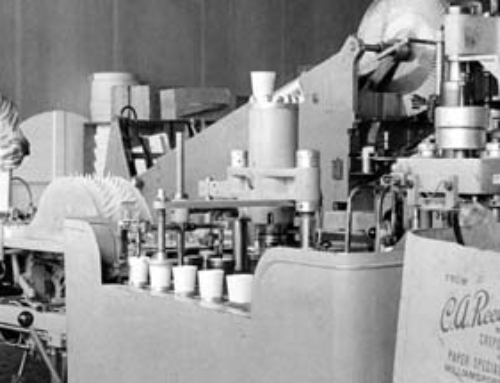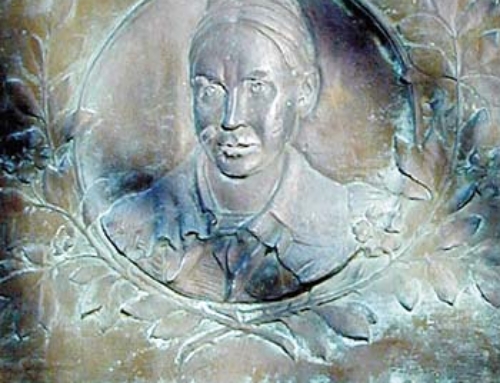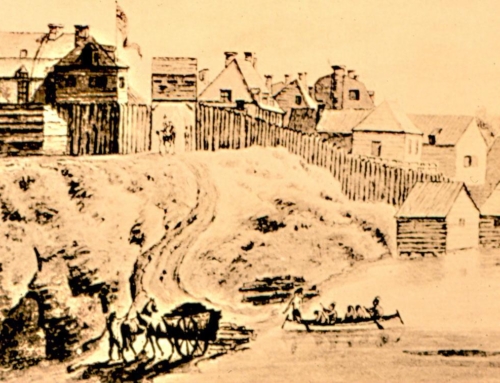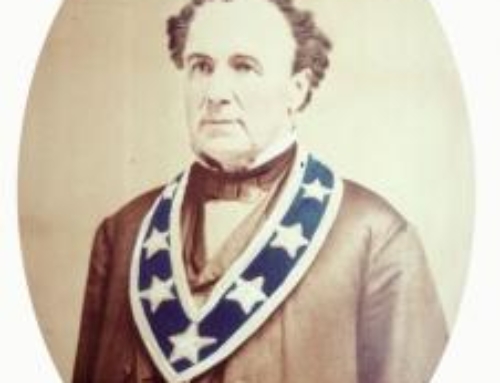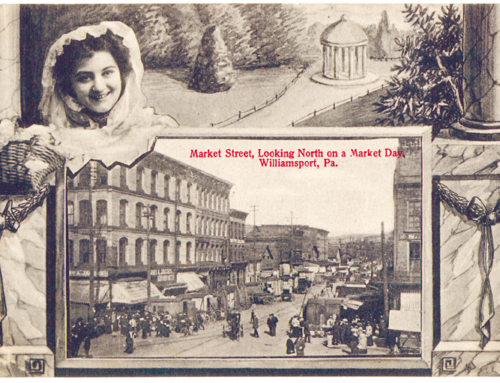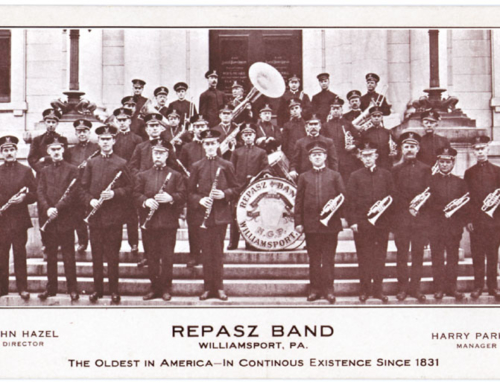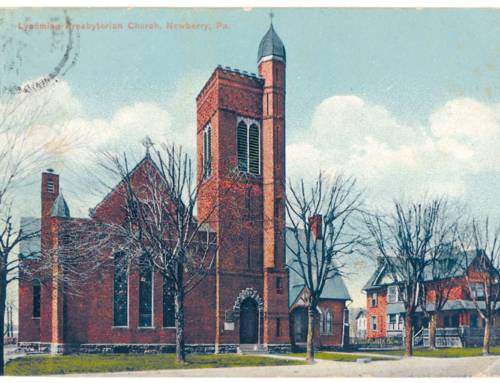An obscure state senator from Lycoming County may have played a pivotal role in helping to gain President Abraham Lincoln re-election in the tough election campaign of 1864. That state senator’s name was Henry Johnson.

Henry Johnson
Henry Johnson was born in Newton, New Jersey, on June 12, 1819. He came from a distinguished background. His great-grandfather was Revolutionary War hero, General Daniel Brodhead, who served in the Continental Congress and was later assigned by General George Washington to command Continental troops in Western Pennsylvania. Brodhead also fought Indians in the area that would become Lycoming County, in the aftermath of the “Great Runaway” of 1778.
Johnson graduated from Princeton in 1841 and later that year moved to Muncy, where his mother owned some property. He opened a law practice that operated successfully for the next fifty years. Johnson soon became active and prominent in political affairs, first as a member of the Whig Party and later as a Republican. He was an early supporter of the Zachary Taylor-Millard Fillmore Whig ticket in the 1848 election and served for them as an Elector from Pennsylvania in the Electoral College.
Johnson’s political activism produced dividends for him when he was elected to the Pennsylvania State Senate in 1860. His Senatorial District included Lycoming, Clinton, Union and Centre counties. He served on various Senate committees. In 1864, he became chairman of the Senate Judiciary Committee. At the time, it was the most powerful position in the Senate and made him the most powerful figure in that body. He also became the Speaker Pro Temp of the Senate for a time.
It was early in that same year of 1864 that Johnson made his greatest impact while in the Senate. The Pennsylvania Supreme Court had ruled as unconstitutional, an 1812 law that allowed soldiers in the field to vote in elections. This court ruling deprived those Pennsylvania soldiers of voting age their suffrage. It also endangered Abraham Lincoln’s chances of winning Pennsylvania in his 1864 re-election bid. Some historians have speculated that this decision may have been arrived at for political reasons since a majority of the justices on the Court were Democrats appointed by Democratic governors. Johnson sought to remedy this through the passage of “a joint resolution proposing an amendment of the Constitution extending the right of suffrage to citizens in actual military service.” Johnson stated his reasons for the amendment in part by saying, “The bill simply contemplates incorporating into the constitution of the state a great measure of remedial justice to our patriotic and brave soldiers in the field, made necessary by a decision of the Supreme Court.” He shepherded the legislation through to passage and the voters of the Commonwealth approved the measure. This action made it possible for Pennsylvania’s soldiers to vote in the all-important 1864 presidential election, which may have made the difference in Lincoln carrying Pennsylvania. Lincoln received 296,389 votes, or 51.75%, to McClellan’s 276,308 votes, or 48.20%, a razor-thin margin of a little more than 20,000 votes. John Meginness writes in his “History of Lycoming County”, “His (Johnson’s) official acts constitute a record of patriotism, ability and zeal which will endure as long as the Constitution itself.”
Johnson himself saw action during the Civil War as a member of Company K, Fourteenth Pennsylvania Militia, refusing any rank higher than private. His company saw action during the Antietam campaign, near Hagerstown, Maryland, in September of 1862. This experience may have helped to shape his championing of the soldiers’ vote.
After the war, Johnson returned to Muncy to private life. In addition to continuing his law practice, he became a founder and first president of the First National Bank of Muncy, an office that he held for ten years. He also was very active in veterans’ affairs as a member of Post #66 of the G. A. R.
Johnson moved to a mansion at the corner of West Fourth and Maynard Streets in 1890. This house still stands across the street from the Lycoming County Historical Museum. Henry Johnson died on August 11, 1895. His passing was noted by a resolution of the Lycoming County Bar Association that stated in part, “He was an able and painstaking lawyer, faithful alike to court and client. A patriotic and sagacious legislator, good citizen and upright man, whose record of service in fifty years of professional and public life has left his name without stain.”
By Lou Hunsinger Jr., Williamsport Sun-Gazette


